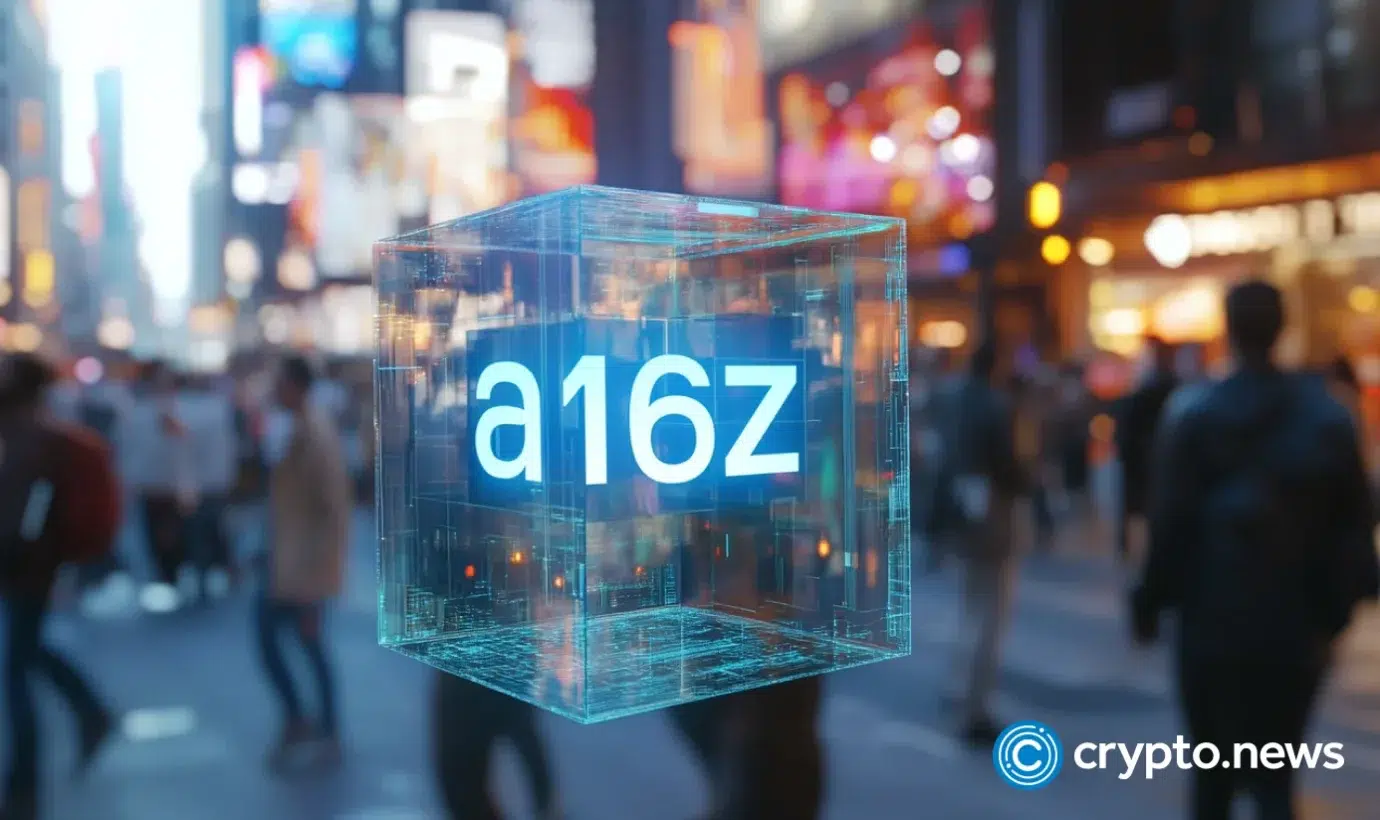Airdrops should get a ‘safe harbor’ from regulation, states a16z crypto head of policy

Airdrops should be “safe, legal, and frequent,” a16z’s head of policy stated, advocating for a safe-harbor from regulatory enforcement.
Crypto industry continues its push for more favorable crypto regulation. On Thursday, April 10, Miles Jennings, the head of policy and general counsel at venture capital firm a16z crypto, published a report advocating for easing regulations on crypto airdrops.
Jennings criticized the harsh regulatory approach toward airdrops by the U.S. Securities and Exchange Commission under Gary Gensler. Due to regulatory issues, he noted, most projects have excluded Americans from their airdrops.
“The Biden SEC’s attack on crypto created perverse incentives that were detrimental to Americans. For example, it led to them being excluded from airdrops, depriving them of ownership of the internet,” Miles Jennings, a16z.
a16z proposes ‘safe harbor’
Airdrops are a method of distributing crypto tokens to holders. Some are given out to reward engagement, and others serve as a marketing tool. Still, because the SEC under Gary Gensler has considered most crypto assets to be securities, its stance on airdrops has been largely negative.
According to the agency, crypto airdrops amounted to unregistered securities offerings, even though most airdrops are effectively free for recipients. Jennings disagrees with that stance, suggesting that airdrops are essential for projects to achieve decentralization.
“Airdrops are not a ‘sale.’ Rather, they’re critical in enabling blockchain projects to function but also enable them to achieve decentralization.”
To remedy the current situation, Jennings proposes five conditions that would allow an airdrop to be excluded from U.S. securities laws. For one, the airdropped token should be a network token, meaning it derives its value from a decentralized blockchain—not a company. Moreover, the blockchain network should already be operational.
Regarding distribution, it should be broad and equitable, meaning it’s not limited to private investors or venture capitalists. At the same time, the airdrop should either be free or based on past network usage. Finally, any portion of the airdrop allocated to insiders should be locked for at least one year to prevent rug pulls.

















